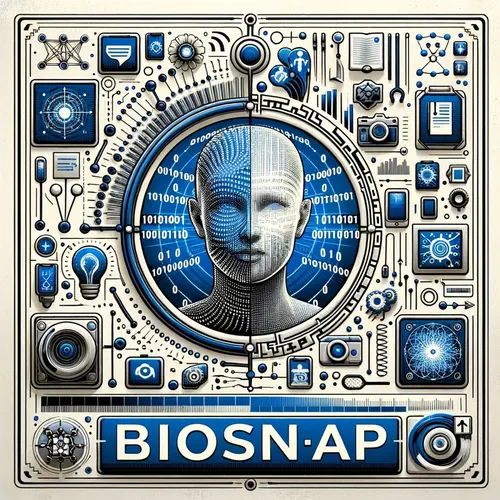Zuckerberg's AI Glasses Gambit: Shaping the Superintelligent Future
- Author
- Quiet. Please
- Published
- Sun 03 Aug 2025
- Episode Link
- https://www.spreaker.com/episode/zuckerberg-s-ai-glasses-gambit-shaping-the-superintelligent-future--67234590
Mark Zuckerberg BioSnap a weekly updated Biography.
Mark Zuckerberg has been everywhere this week, driving headlines with what can only be called a relentless vision for the AI-driven future. According to the New York Times and Times of India, Zuckerberg’s top priority at Meta has been recruiting the brightest minds in artificial intelligence. Case in point: he personally intervened when 24-year-old AI researcher Matt Deitke turned down a $125 million Meta offer. The pitch worked — Deitke, who’s been feted for pioneering multimodal AI systems, ultimately joined Meta for a jaw-dropping $250 million package, and he is now part of Zuckerberg’s billion-dollar all-star “superintelligence” roster that’s luring experts from OpenAI, Apple, and Google.
But that’s not the only news stirring the tech scene. Zuckerberg has gone all-in publicly with his latest crusade—AI-powered smart glasses. In earnings calls, blog posts, and candid social media videos, he’s laid out a stark future: if you’re not wearing AI-infused eyewear, you’ll be at a “significant cognitive disadvantage” to everyone else. Meta’s Ray-Ban smart glasses, already a surprise sales hit with revenue tripling year over year according to Ray-Ban’s maker, are just the start. Zuckerberg foresees these devices replacing the smartphone, upgrading not just how we communicate but fundamentally changing our daily cognitive experience. During the most recent Meta earnings call, he said that glasses equipped with advanced AI, capable of seeing, hearing, and thinking alongside us, will soon become our main computing devices.
This isn’t just about gadgets—it’s about Zuckerberg’s distinctive pitch for personal superintelligence. In a widely circulated blog and a letter on his official X and Instagram, Zuckerberg outlined his plan for what he calls “super-smart AI for everyone,” a move that separates Meta from rivals like OpenAI, who seem more focused on centralized AI. He wants each person to have their own digital assistant that knows their life, their goals, and helps them achieve dreams, big and small. Academic and industry sources highlight this shift as one of the most ambitious moves since the launch of Facebook itself.
Meanwhile, social media has been abuzz with Zuckerberg’s AI declarations, as his posts rack up reactions and spur debate over the social, ethical, and privacy ramifications of AI glasses in everyday life. Major outlets like CBS News and SFGate are calling his vision “earnest” and “aggressive,” underscoring his control over Meta as allowing these big leaps. Even amidst these heavy tech topics, the family brand stays strong. His sister Randi Zuckerberg is headlining the Super Stage at the upcoming SBC Summit in Lisbon and will offer her take on AI and disruptive tech—a clear sign that the Zuckerberg brand is still setting the agenda in both Silicon Valley and global culture.
All told, Mark Zuckerberg’s latest headlines signal a fork-in-the-road moment for personal technology, blending ambition, controversy, and a sense that he’s orchestrating the next act of the digital age. These developments not only mark a flurry of business activity and news coverage but may be remembered as the opening chapter of “wearable superintelligence” in his biography. There’s speculation that not every consumer or regulator will fall in line as quickly as Zuckerberg predicts—privacy advocates are already raising red flags—but for now, the AI glasses revolution has one very visible champion at its helm.
Get the best deals https://amzn.to/3ODvOta
